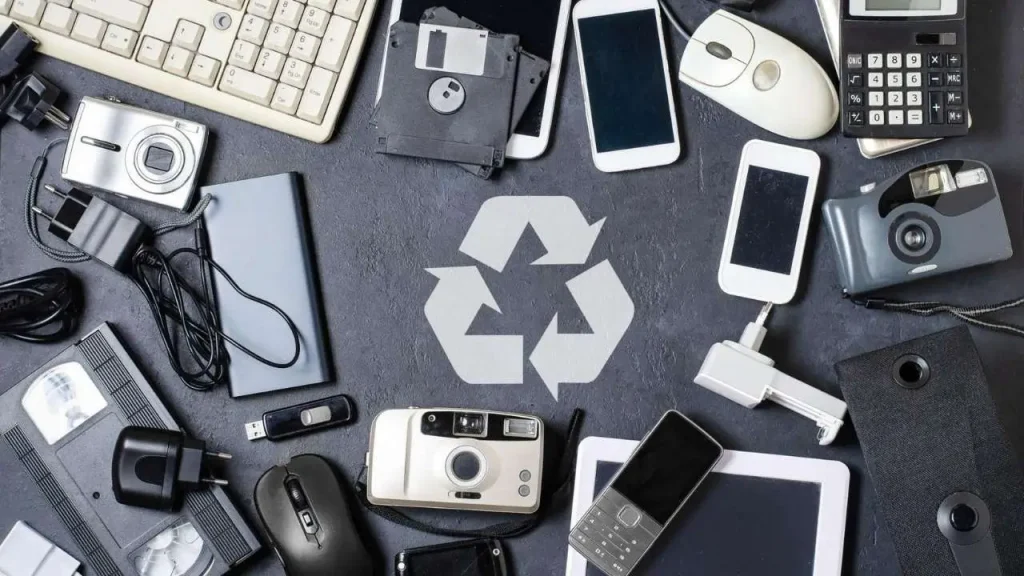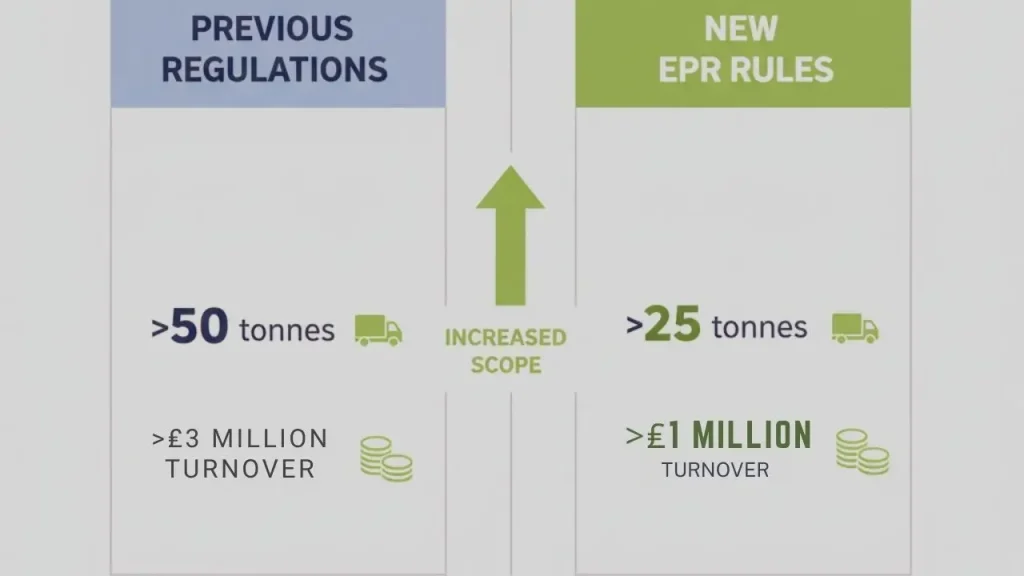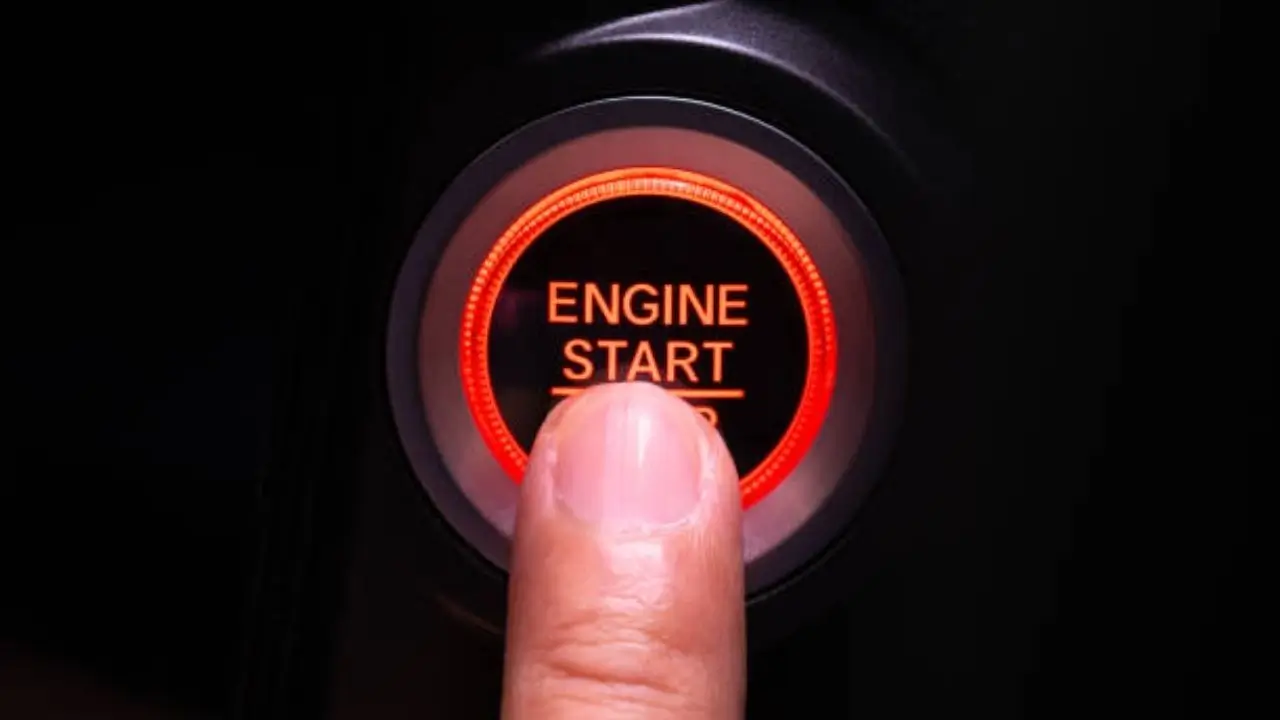New environmental regulations are compelling thousands of UK businesses to register and report data on the packaging they handle, as the government’s Extended Producer Responsibility (EPR) scheme comes into force. This policy shifts the full cost of managing packaging waste from local councils to the producers, marking a significant change in waste management accountability and potentially adding substantial costs for many companies.

EPR for Packaging
| Key Aspect | Details |
| What is EPR? | A policy making producers financially responsible for the full lifecycle of their packaging, from collection to recycling. DEFRA |
| Who is Affected? | Organisations that handle over 25 tonnes of packaging and have a turnover above £1 million. This is a much lower threshold than previous regulations. |
| Primary Obligation | To collect and report data on the volume and type of packaging supplied or imported, with fee payments beginning in 2025. Legislation.gov.uk |
| Potential Impact | Increased operational costs and administrative burden, particularly for Small and Medium-sized Enterprises (SMEs). |
What is Extended Producer Responsibility?
Extended Producer Responsibility is an environmental policy built on the “polluter pays” principle. It makes companies that introduce packaging to the UK market responsible for its entire lifecycle. The primary goal is to incentivise businesses to use less packaging, design packaging that is easier to recycle, and ultimately promote a circular economy where materials are reused rather than discarded.
Under previous rules, producers paid a fraction of disposal costs through a system of tradable credits. The new EPR framework requires them to cover the full net cost of managing their packaging once it becomes waste. “This is about creating a direct economic signal to producers to consider the environmental impact of their packaging from the outset,” an official from the Department for Environment, Food & Rural Affairs (DEFRA) stated in a recent policy briefing.
Sweeping Changes to UK Packaging Waste Rules
The new rules, which are being phased in, significantly expand the number of businesses required to take action. The government estimates that thousands of companies previously exempt from packaging regulations will now fall within the scheme’s scope.
Who Needs to Comply?
The compliance thresholds have been lowered considerably. Any UK organisation that handles more than 25 tonnes of empty packaging or packaged goods and has an annual turnover of over £1 million must now report data. This is a sharp change from the previous thresholds of 50 tonnes and a £2 million turnover.
These obligations apply to businesses at any point in the supply chain, including manufacturers, importers, distributors, and online sellers. The responsibility lies with the first entity to place the packaging onto the UK market.

The Cost for Businesses
While data collection is the immediate requirement, financial obligations will follow. From 2025, large organisations (those with over £2 million in turnover and handling over 50 tonnes of packaging) will begin paying fees to an appointed scheme administrator. These fees will be calculated based on the type and quantity of material they supply and will be used to fund council recycling collections.
The Federation of Small Businesses (FSB) has expressed concern over the new environmental regulations. “While our members support the goal of reducing waste, the administrative burden of this data collection and the uncertainty over future costs are significant challenges for small businesses already facing economic pressures,” said an FSB spokesperson.
Navigating the Registration and Reporting Process
Affected businesses were required to start collecting their packaging data from early 2023. The deadlines for submitting this information to the Environment Agency are staggered, with penalties in place for non-compliance.
Official View and Industry Reaction
Government officials argue that EPR is a critical step towards meeting the UK’s ambitious environmental targets. Environment Minister Rebecca Pow said, “EPR will transform our waste system, create a market for recycled materials, and put the responsibility squarely on those who produce the packaging in the first place.”
However, some in the waste management industry have called for greater clarity on how the collected fees will be distributed to local authorities and how the system will be monitored to ensure efficiency and prevent fraud.
The policy is part of a broader shift across Europe and the world towards holding producers accountable for product waste. Similar EPR schemes for packaging, electronics, and batteries have been implemented across the European Union, demonstrating a global trend in environmental regulation. The long-term success of the UK’s scheme will depend on effective implementation and the ability of businesses to adapt to the new framework.
Don’t Pay £169.50! How Pensioners Can Get a Free TV Licence Through DWP
September DWP Payment Dates For Benefits, Pensions And Cost Of Living Support 2025
DWP Stops Over £1 Billion in Wrong Universal Credit Payments – What This Means for Claimants
FAQs
1. What specific data do I need to collect?
You must collect data on the weight of all packaging material you supply or import, broken down by material type (e.g., cardboard, plastic, glass, steel, aluminium) and waste type (e.g., household or non-household).
2. What is the difference between a ‘large’ and ‘small’ producer under these rules?
A ‘large’ producer has an annual turnover of over £2 million and handles over 50 tonnes of packaging. A ‘small’ producer has a turnover between £1 million and £2 million and handles over 25 tonnes of packaging. Large producers have more extensive reporting requirements and will be the first to pay fees.
3. Where can I find official guidance and register?
Official guidance and the registration portal are available on the UK government’s website. Search for “Packaging waste: prepare for extended producer responsibility” on GOV.UK.





